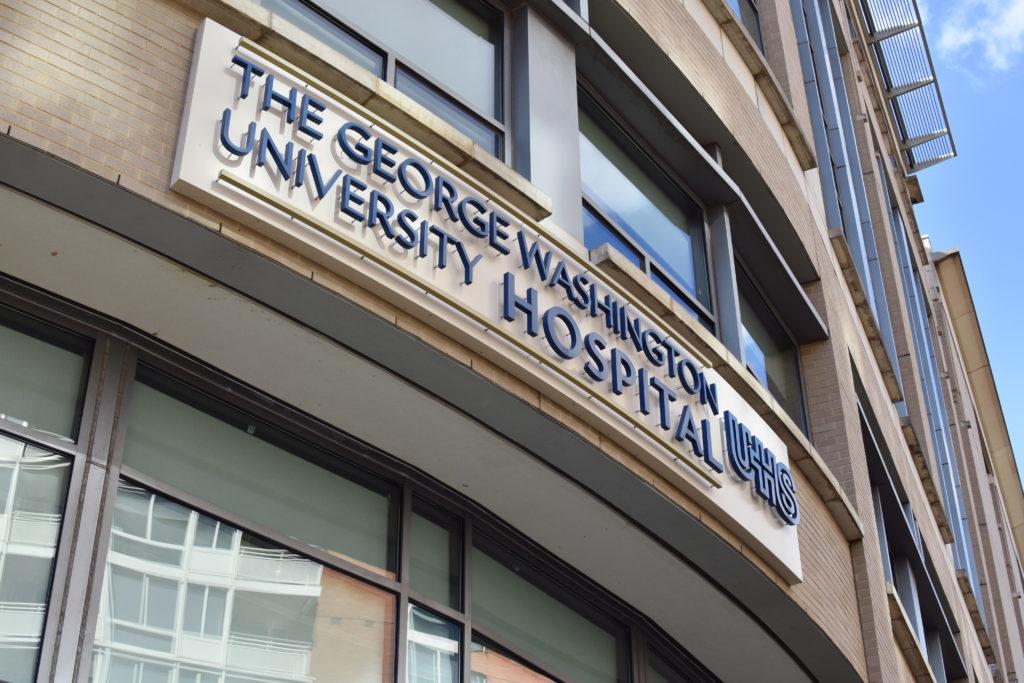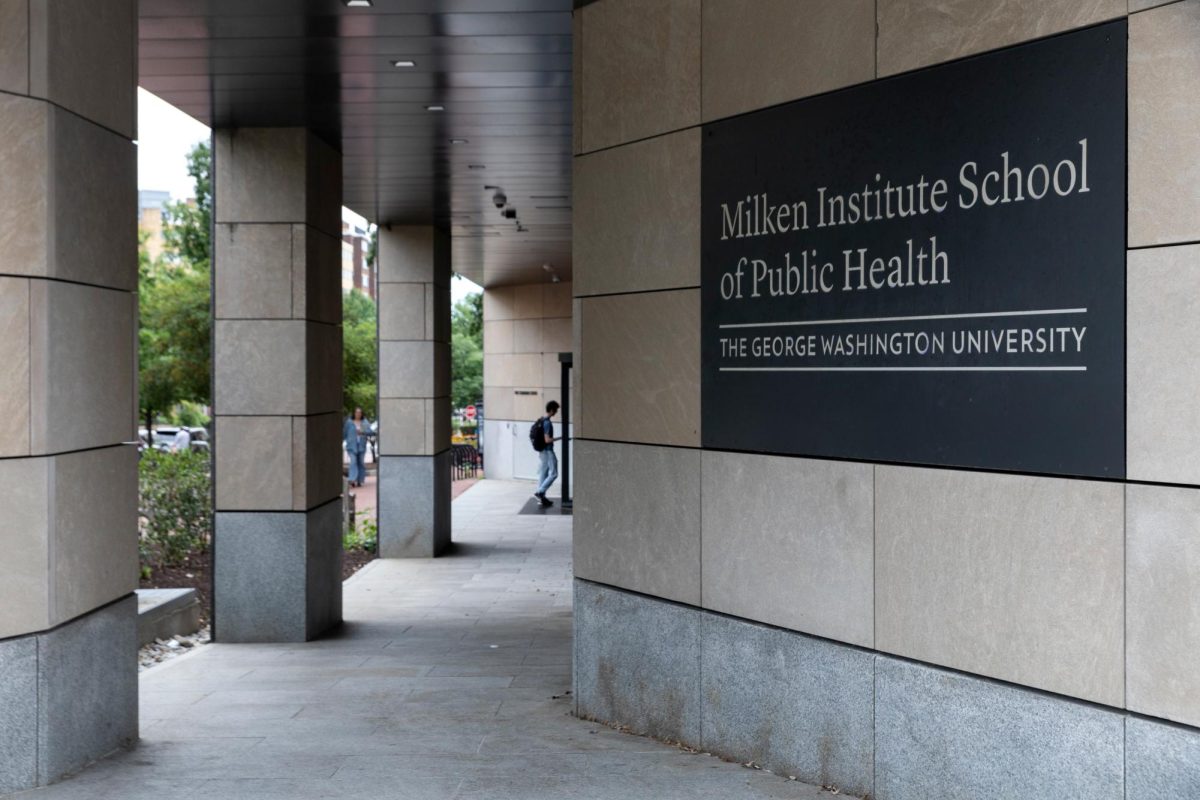
The Charles Koch Foundation donated more than $100,000 to support research fellowships in the GW School of Business and to the University’s regulatory policy center in 2012, marking one of the largest donations to a University that the billionaire-backed organization gave that year.
The gifts were large enough to name GW as the charity’s 10th largest gift recipient that year, according to a report that the Center for Public Integrity released last month. For the past two years, the University hasn’t landed a gift from the organization, led by billionaire Charles Koch.
Susan Dudley, the director of the Regulatory Studies Center, said the funds help graduate students in the Trachtenberg School of Public Policy and Public Administration afford unpaid internships in the federal government. Before Dudley came to GW, she directed the George Mason University’s Mercatus Center, which received $8.4 million from Koch in 2012.
GW’s center, which Dudley established in 2009, focuses on research topics like regulatory risk assessment and reducing international trade and investment barriers. Though the Koch Foundation money has dried up, there was enough money to still support students to take unpaid internships this year.
The Koch brothers, Charles and David Koch, whose multinational corporation Koch Industries invests in oil refining, energy and chemicals, tend to give donations to institutions with programs that emphasize economic deregulation. Koch Industries is the second-largest privately owned company in the U.S.
University spokeswoman Maralee Csellar declined to comment further on the research that was funded by the six-figure gift, or how exactly the money was allocated.
In 2012, two of the six charitable foundations that the Koch brothers own gave a total of $12.7 million to more than 160 institutions, including New York University, Florida State University, University of North Carolina and Southern Methodist University, according to the Center for Public Integrity.
The Charles Koch Foundation’s largest gift in 2012 was $8.5 million, which mostly went to George Mason University’s Mercatus Center, where Dudley previously worked.
Lee Gardner, a senior editor for the Chronicle of Higher Education, said officials have increasingly scrutinized donations from controversial figures like the Koch brothers, fearing that the highly public donations can influence curriculum or other decisions.
Some of those fears are founded. The Koch Foundation promised to give $1.5 million to Florida State University to pay for faculty positions in the school’s economics department, with the stipulation that Koch’s representatives would approve any hires. The foundation can withdraw its money if faculty don’t fit with the goals of a new program that promotes “political economy and free enterprise,” the Tampa Bay Times reported.
“Because of the Kochs’ political dealings and evident political leanings, I think that people are a little more suspicious of any motives that might be behind Koch money, whereas they might not have the same reaction to a donation from Gates or Lumina,” Gardner said, referring to the Bill and Melinda Gates Foundation and the Lumina Foundation.
Still, administrators and professors say gifts have no influence on what is taught in the classroom. The donation is also a fraction of GW’s $120 million donations that fiscal year.
David King, president of Atlanta-based fundraising group Alexander Haas, said skepticism surrounding Koch donations is based on liberal tendencies.
“Labeling something as a controversial gift means you’re filtering it through own personal biases and deciding you don’t like it,” King said, “I think that’s an unfair way to characterize people’s generosity.”
GW has also accepted gifts from donors on the opposite side of the political spectrum. The Foundation to Promote Open Society, founded by George Soros, a billionaire supporter of liberal causes, gave $387,000 to the University for classes that touch on drug addiction and recovery.
The University has faced criticism in the past for accepting donations from controversial public figures. Members of a human rights organization protested in front of the building that holds GW’s top administrators two years ago, calling on GW to sever ties with billionaire Carlos Slim and rescind his invitation to Commencement.
Billionaire businessman Michael Milken and media mogul Sumner Redstone gave $80 million to GW’s public health school last month, representing the University’s largest-ever gifts. Milken’s philanthropy efforts are part of a revival after he pleaded guilty to felony charges of security fraud and conspiracy 20 years ago. He served 22 months in prison.






